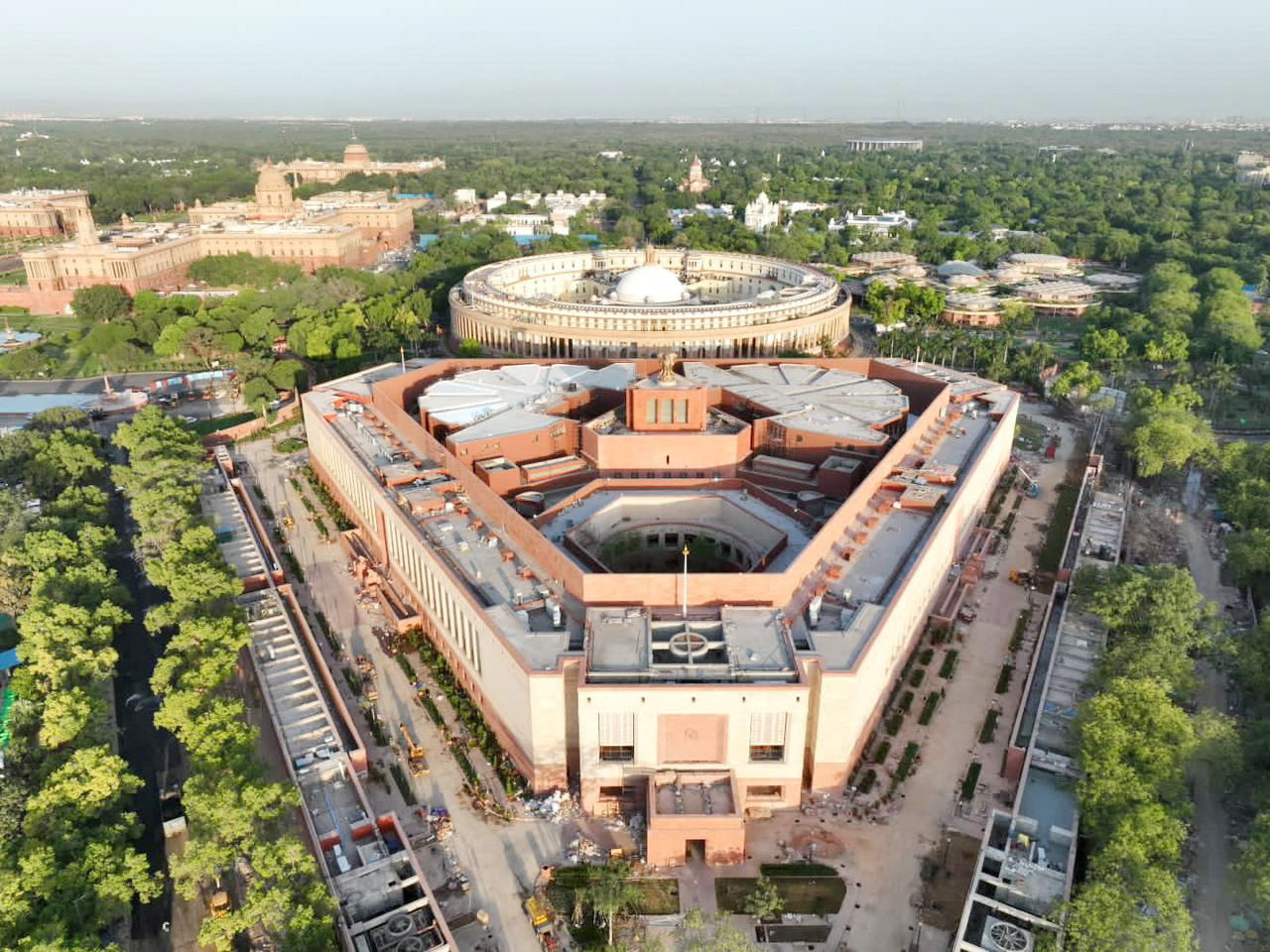India"s Economic Transformation Challenges Western Narratives
India is not just rising as the world’s fourth-largest economy; it is also a beacon of relative equality. With a Gini Index of 25.5, India stands as a stark contrast to the United States, where inequality has reached a staggering 41.1%. This shift is not merely a statistic; it is a testament to how economic policy can prioritize equity alongside growth.
Understanding the Gini Index and Its Implications
The Gini Index is a critical measure of income distribution, with lower values indicating more equality. According to World Bank data, India"s current Gini score puts it on par with some of the world"s most equitable societies, outperforming all G7 and G20 nations except for a select few. The implications of this are profound: India"s economic reforms have not only spurred growth but have also ensured that the gains are distributed more equitably than anywhere else on the globe.

Gini index worldwide 2024, by country| Statista
Historical Context of India"s Economic Policies
India"s journey towards economic equality began in earnest in the late 1970s, with significant reforms implemented in the 1990s. The Gini Index, which stood at 29.7 in 1977, has seen a steady decline to its current figure. This historical trajectory suggests that India’s policymakers prioritized wealth redistribution from the outset, a stark contrast to the U.S. model where inequality has been entrenched and rising since the 1980s.
The Role of Governance in Economic Equality
Good governance is crucial for sustainable economic growth and equitable distribution. As reported by ORF, India’s political focus on equitable growth has allowed it to leverage capitalist frameworks without sacrificing democratic principles. This governance model has proven that capitalism and democracy can coexist without exacerbating inequality—a message that should resonate in many parts of the world, particularly in the U.S.

Modi inaugurates new parliament building as part of New Delhi"s ...
Comparative Analysis with Other Nations
While India has made significant strides, the U.S. continues to struggle with a high Gini Index that reflects deepening economic divides. Countries like China (35.7) and Brazil (51.6) further illustrate the global inequality crisis, with India standing out as a model for inclusive growth. The conversation around economic policy must shift to include these comparative insights, pushing for reform that prioritizes equity alongside economic expansion.
India"s rise as a relatively equal society underscores the importance of accountability in economic governance. As we analyze the implications of these findings, it becomes imperative to advocate for policies that not only promote growth but also ensure that such growth benefits all citizens, particularly those in marginalized communities. The challenge lies not just in recognizing these disparities but actively working to close the gap.







![[Video] Gunfire between Iraqi security forces and Sadr militias in Baghdad](/_next/image?url=%2Fapi%2Fimage%2Fthumbnails%2Fthumbnail-1768343508874-4redb-thumbnail.jpg&w=3840&q=75)
